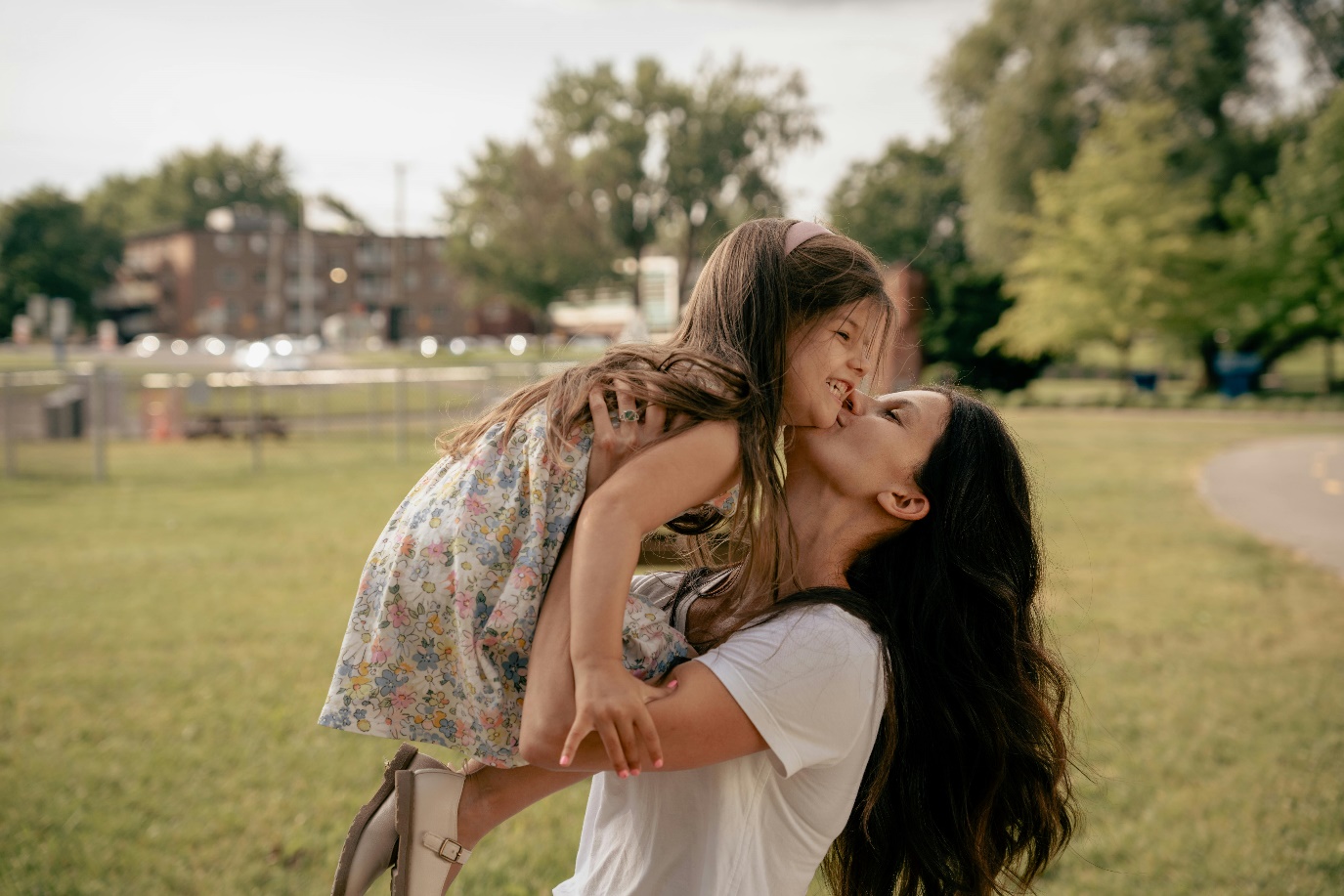
Allergies can range from a mild form of hay fever to a potentially deadly peanut allergy. If your child has an allergy, or you are fostering a child with a known allergy, it’s important to have a strategy for managing it.
Getting a Diagnosis
If you suspect your child has an allergy, speak to your GP and get an accurate diagnosis from an allergy specialist. They will likely do a skin prick test to determine which substances trigger an allergic reaction. Blood tests can also detect IgE antibodies to specific allergens. Getting a proper diagnosis is crucial for knowing what your child needs to avoid and how to manage their condition. If you are fostering with fosteringpeople.co.uk, you should be made aware of any allergies before a child comes to live with you.
Avoiding Triggers
Once you know what your child is allergic to, vigilantly avoiding those triggers is key. Read ingredient labels carefully and don’t give your child any food that may contain allergens. Create an “allergen-free” zone at home by washing hands, using separate utensils/plates, and cleaning surfaces. At school, work with staff to ensure safety procedures are in place. Limit exposure to environmental allergens like pollen by keeping windows closed and using air filters. Stay alert when eating out or at social events.
Having Emergency Medications Available
Make sure epinephrine auto-injectors (like EpiPens) and antihistamines are always on hand. Keep them in a backpack or another bag that goes everywhere with your child. Have back-ups at home, school, grandparents’ house etc. Check expiration dates and replace them regularly. Show your child and other caregivers how to properly use injectors. Establish an emergency action plan with your doctor in case of accidental exposure.
Educating Your Child
As your child gets older, teach them to self-manage their condition. Explain what foods and environments they need to avoid in child-friendly terms. Do not impose restrictions without explaining why, as this can cause unnecessary anxiety. Teach them to read labels, ask questions at restaurants, and speak up when they feel unsafe. Let them carry their own epinephrine as soon as they are able. Give them the knowledge and tools to take control.
Dealing with Anxiety
Allergies can cause significant anxiety in children. Reassure them that avoiding their triggers will keep them safe. If they have had a reaction, walk through what happened and how you gave them medication that made them feel better. Maintain routines and don’t limit activities unnecessarily. Get support if anxiety interferes with daily life. Consider having them meet with a therapist or support group.
Communicating with Others
Inform your child’s school, clubs, childcare and any other caregivers about their allergies. Provide written emergency plans and medications. Advocate for their safety. Teach friends and family how to use epinephrine injectors. Help your child speak up for themselves and ask for accommodations. Raise awareness about severe allergies and the dangers of contact reactions. The more that others understand allergies, the safer your child will be.
With proper precautions and education, children with allergies can live full, active lives. Stay vigilant, but don’t let allergies limit your child’s experiences. Manage risks while also letting them spread their wings. With your support, they will gain the tools to eventually manage their condition independently.